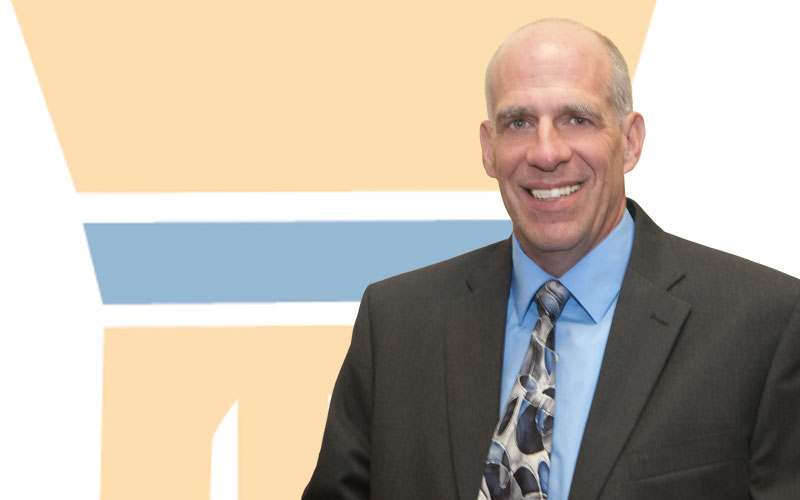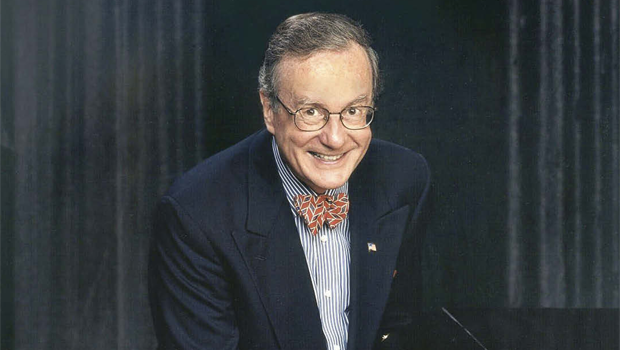Brad Phillips is the new chief financial officer (CFO) at the Manufacturer & Business Association (MBA). He joins the MBA following the retirement of longtime CFO Dan McMahon and brings with him more than 30 years of accounting experience in a wide range of industries, from public accounting and manufacturing to banking and health care. Phillips recently sat down with the Business Magazine to talk about his new role and how his experience will benefit the Association and its membership.
Tell us a little bit about yourself and what you bring to the MBA.
I was born and raised in Erie and graduated from Strong Vincent High School and then went on to get my accounting degree at Penn State. I attended Behrend for two years and Main Campus for two years, and then went back and earned my MBA in 2006.
As CFO, I bring a little bit of everything to the table. I like learning and I like new challenges, and I’m always looking to expand into different areas. The nice thing about my experience is that I know it will benefit the MBA and its members.
What is your work experience?
I started out in public accounting for Ernst & Young as a senior audit manager. I was there for 12 years before I became CFO at Uniflow, where I enjoyed working with the engineers and management to understand the flow of the business, not just the ledger, and really worked toward right sizing the organization.
After five years, I moved on to Northwest Physicians, a physician group in Meadville, as chief financial officer. It was a different field, the service sector, and a big shift from being product based to focusing on time/personnel costs, and how to identify the types of services that are going to bring the biggest bang for your buck. While I was there, we brought on more physicians and an urgent care center and consolidated administrative work to share costs.
Then, in 2001, I decided to return to Erie by taking a position at Boetger & Associates (later acquired by Northwest Savings Bank) designing and administrating more than 300 retirement plans to meet the needs of a variety of companies and clients. I was with them for more than seven years before I joined Great Lakes Home Healthcare as vice president of finance in 2008. Our biggest challenge there was the reduction in Medicare reimbursements, so you had to be smart in order to provide the best service at a reasonable cost.
What attracted you to the MBA?
The Association has a very diverse membership base and it helps the members in so many different ways. Going as far back as Uniflow, I’ve always heavily used the Association’s services. At Great Lakes, we used the Conference Center facilities, as well as the leadership, computer training and energy programs. Even as a large organization, our HR people would call the MBA’s HR Department for help. The consistent theme is the quality and professionalism of the MBA and the services it provides.
Why is MBA membership such a good investment?
It’s always a good idea to invest in your people. During a recessionary period, it’s a great opportunity to train them, so as the market and economy recover, they can be leaders and drive the process forward in their companies. As you bring on new employees, you can get them involved in training to hit the ground running.
Likewise, most people aren’t lawyers, HR or energy specialists. I think that if you look at the total programs that the Association has to offer – whether HR, legal, energy or insurance services, etc. — just don’t forget that they are there and they are available. They can help you out and allow you to focus on what you need to run your business.
What would be your advice to MBA members about health-care reform?
The Affordable Care Act is changing the insurance marketplace dramatically and it is going to affect everyone and every business, so come lean on us. Rely on the MBA to keep you abreast of what is going on, because we are truly on the leading edge.
View more in the November 2013 edition of the Business Magazine.














